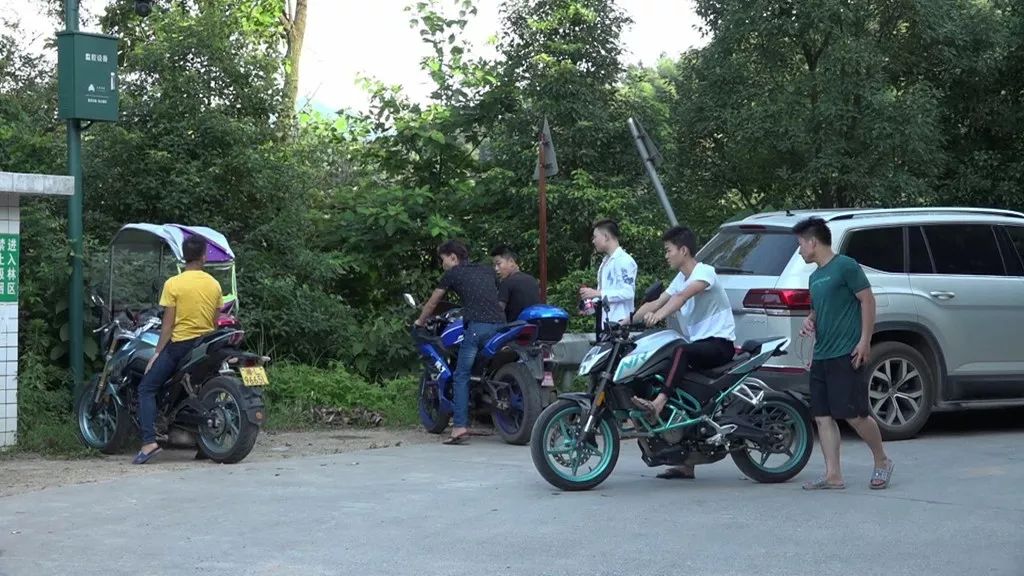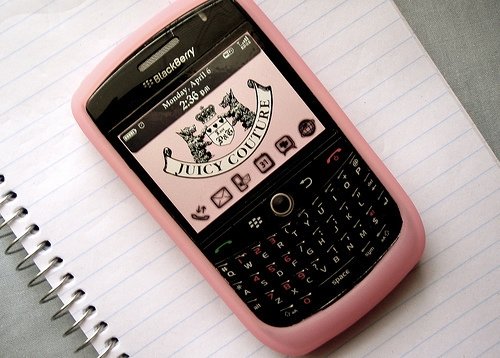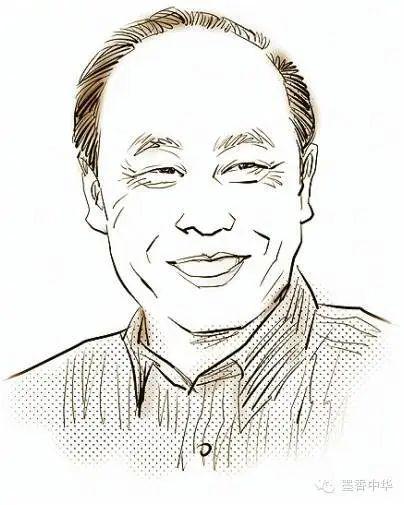今天是Gwen陪你早读的第1428天哦!
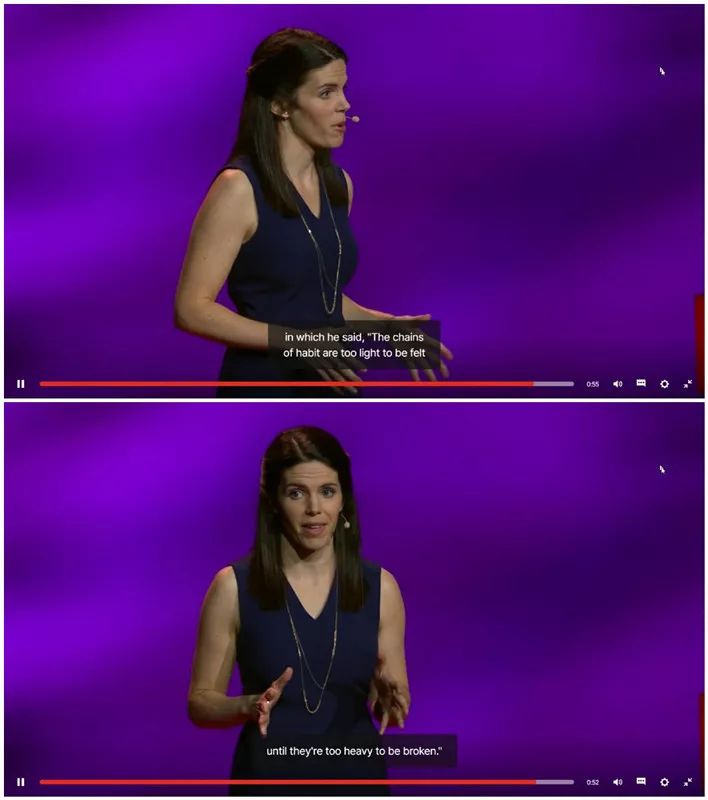
10.08早读原文
The chains of habit are too light to be felt until they're too heavy to be broken.
英音讲解00:55,美音讲解00:55,词汇讲解03:52
阅读原文收听今日早读朗读版
BGM:Natalie Cole - Unforgettable [Duet with Nat King Cole]
TODAY
今日早读
说得漂亮
视频跟读版(常速*3+慢速):
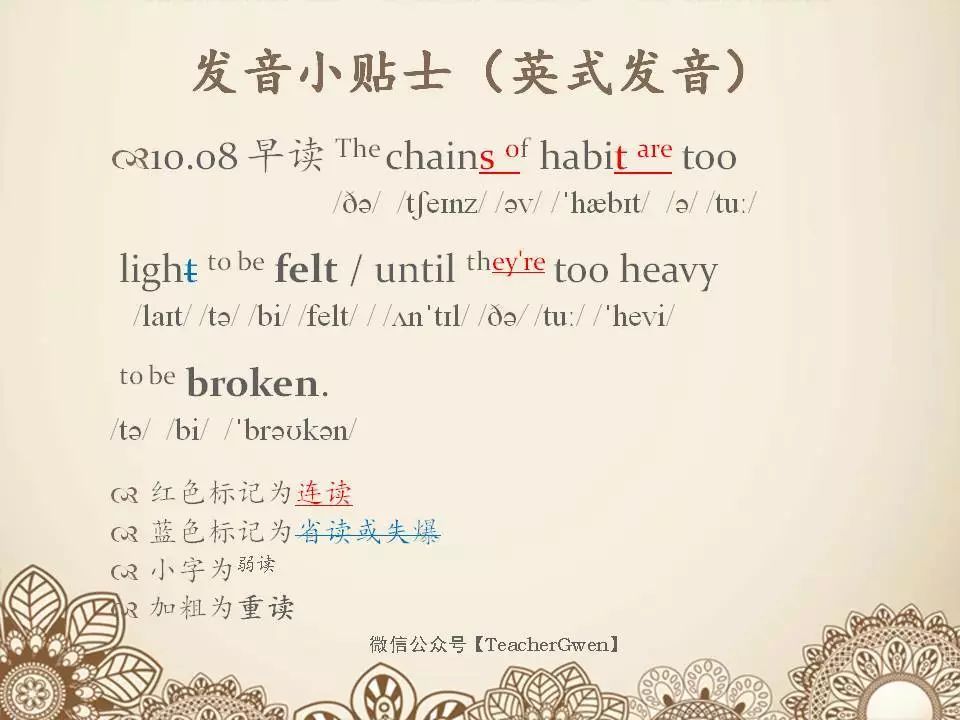
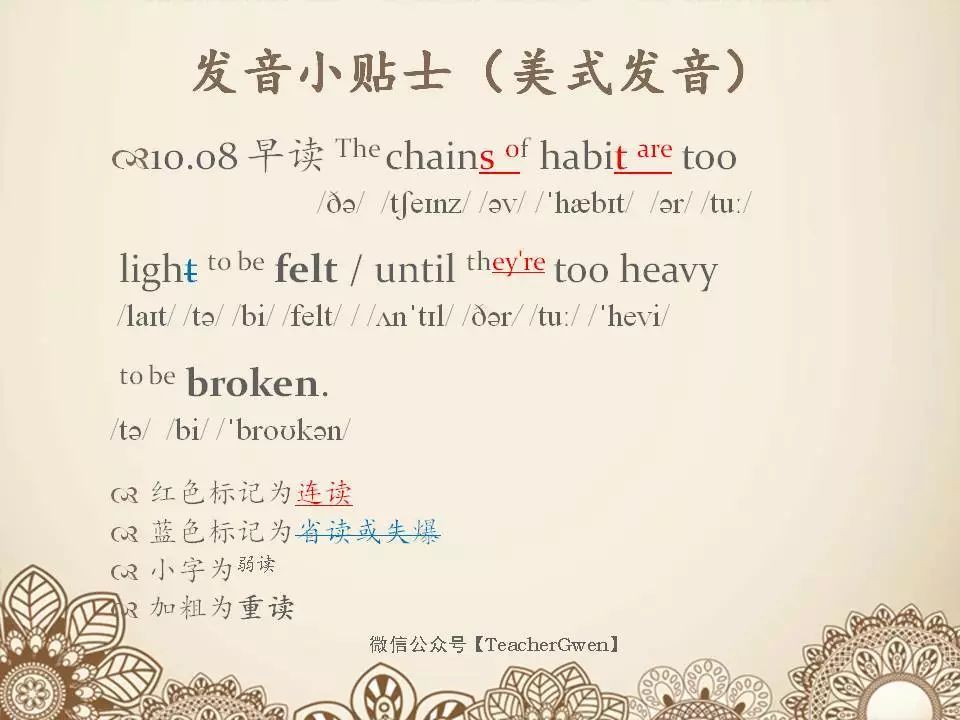
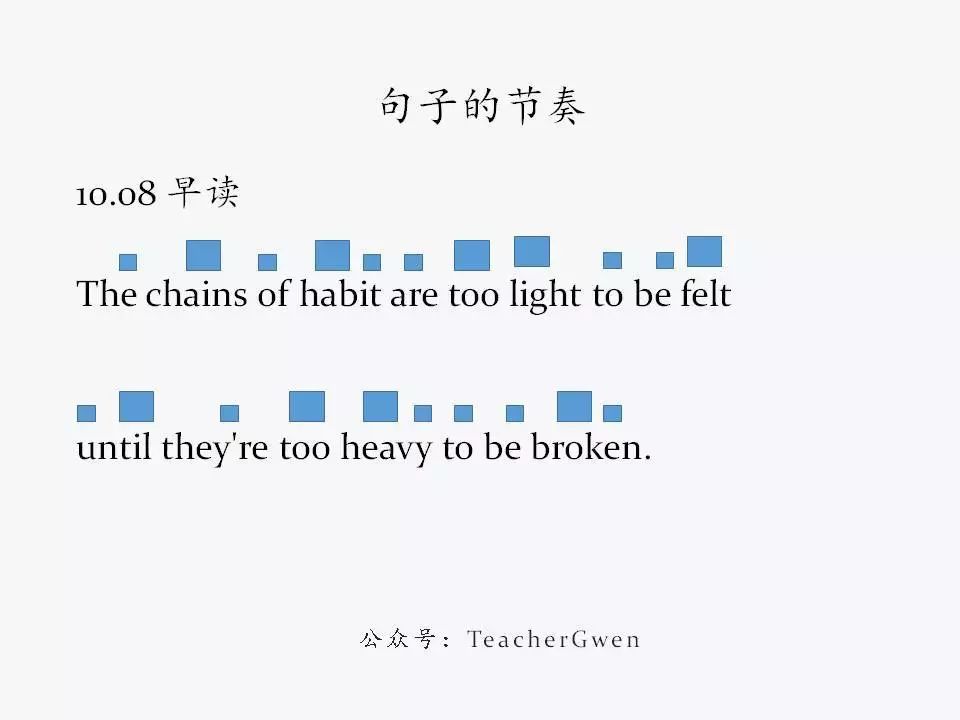
*点击图片可放大
音标符号来自权威词典| Longman Dictionary
今日发音练习重点:
1. chains—chase—change /en/
2. felt 包含舌侧音,不要发成fet
言之有物
“习惯形成的桎梏最开始是如此之轻,以至于你毫无察觉。当感觉到它的存在时,你已无法挣脱束缚。”—— 沃伦巴菲特
1. 词链儿:the chains of habit 习惯的锁链
chain noun. 锁链、链条
He had to breakthe chains of habitthat bound him to the present.
他必须现在就打破把他束缚在当前境况的习惯。
2. ...are too light to be felt 太轻,以至于感觉不到
too heavy to be broken 太重,以至于打不破
词链儿:too...to... 太...以至于不能...
too goodtobe true 太好,以至于不真实 / 好到不真实

图片来自《蝙蝠侠 黑暗骑士崛起 》
Their relationship had always seemedtoo goodtobe true.
他们的关系太好了,都不像真的。
活学活用
请用too...to... 随意造句
MOVIE CLIP
影视片段
今日早读背景乐:
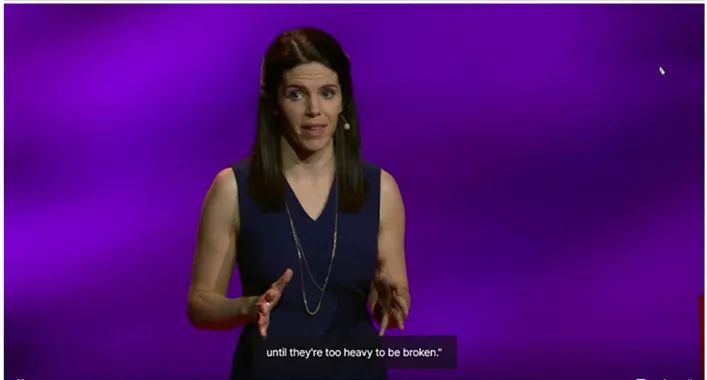
(How to break bad management habits before they reach the next generation of leaders):来自Elizabeth Lyle的一次TED演讲,在演讲中她告诉我们如何打破不良的管理习惯。
完整版视频
向上滑动阅览
I am guilty of stacking my dishes in the sink and leaving them there for hours. I fact-checked this with my boyfriend. He says it's less like hours and more like days, but that's not the point. The point is sometimes I don't finish the job until the stack has gotten high enough that it's peaking over the lip of the sink and my inner clean freak loses it. This charming habit developed when I was in college, and I had tons of excuses. "I'm running to class!" "What's one more dirty dish in the sink?" Or my favorite, "I think I can save time and water if I do them all together later."
00:48
(Laughter)
00:49
But it's not like I needed those excuses, because nobody was calling me on it. I wish they had. I look back now and realize that every time I didn't put a dish in the dishwasher and finish what I started, it became more second nature to me, and I grew less likely to question why I was doing it. Today, I'm a 30-something, certified dirty-dish leaver, and breaking this habit is hard.
01:13
So when I'm not at home avoiding the sink, I work with large, complex organizations on leadership transformation in times of change. My job is to work with the most senior leaders to examine how they lead today and establish habits better suited for the future. But what interests me more than senior leaders these days is what's going on with the junior ones. We call them "middle managers," but it's a term I wish we could change because what they are is our pipeline of future talent for the C-suite, and they are starting to leave their dishes in the sink. While organizations are hiring people like me to redevelop their senior leaders for the future, outdated leadership habits are forming right before our eyes among the middle managers who will one day take their place. We need middle managers and senior leaders to work together, because this is a big problem. Organizations are evolving rapidly, and they're counting on their future leaders to lead with more speed, flexibility, trust and cooperation than they do today.
02:18
I believe there is a window of time in the formative middle-manager years when we can lay the groundwork for that kind of leadership, but we're missing it. Why? Because our future原由网 leaders are learning from senior role models who just aren't ready to role model yet, much less change the systems that made them so successful. We need middle managers and senior leaders to work together to define a new way of leading and develop each other to rise to the occasion.
02:45
One of my favorite senior clients -- we'll call her Jane -- is a poster child for what's old-fashioned in leadership today. She rose to her C-level position based on exceptional individual performance. Come hell or high water, Jane got the job done, and today, she leads like it. She is tough to please, she doesn't have a lot of time for things that's aren't mission-critical, and she really doesn't trust anyone's judgment more than her own.
03:11
Needless to say, Jane's in behavior boot camp. Those deeply ingrained habits are deeply inconsistent with where her organization is heading. The command-and-control behavior that she was once rewarded for just isn't going to work in a faster-moving, flatter, more digitally interconnected organization. What got her here won't get her there.
03:34
But I want to talk about John, a supertalented, up-and-coming manager who works for Jane, because her habits are rubbing off on him. Recently, he and I were strategizing about a decision we needed to put in front of the CEO, Jane's boss, and the rest of Jane's peers. He said to me, "Liz, you're not going to like this, but the way decisions get made around here is with a bunch of meetings before the meeting." I counted. That was going to mean eight one-on-ones, exec by exec, to make sure each one of them was individually on board enough that things would go smoothly in the actual meeting. He promised, "It's not how we'll do things in the future, but it's how we have to do them today."
04:16
John wasn't wrong on either count. Meetings before the meeting are a necessary evil in his company today, and I didn't like it at all. Sure, it was going to be inefficient an原由网d annoying, but what bothered me most was his confidence that it's not how they'll do things in the future. How could he be sure? Who was going to change it and when, if it wasn't him and now? What would the trigger be? And when it happened, would he even know how to have effective meetings without pre-meetings? He was confidently implying that when he's the boss, he'll change the rules and do things differently, but all I could see were dishes stacking in the sink and a guy with a lot of good excuses. Worse, a guy who might be out of a job one day because he learned too late how to lead in the organizations of tomorrow.
05:07
These stories really get to me when it's the fast-track, high-potential managers like John because they're probably the most capable of making waves and redefining how leaders lead from the inside. But what we find is that they're often doing the best job at not rocking the boat and challenging the system because they're trying to impress and make life easier on the senior leaders who will promote them. As someone who also likes to get promoted, I can hardly blame him. It's a catch-22. But they're also so self-assured that //www.58yuanyou.comthey'll be able to change their behavior once they've earned the authority to do things differently, and that is a trap. Because if I've learned anything from working with Jane, it's that when that day comes, John will wonder how he could possibly do anything differently in his high-stakes, high-pressure executive job without risking his own success and the organization's, and he'll wish it didn't feel so safe and so easy to keep doing things the way they've always been done.
06:07
So the leadership development expert in me asks: How can we better intervene in the formative years of our soon-to-be senior leaders? How can we use the fact that John and his peers want to take charge of their professional destinies and get them ready to lead the organizations of the future, rather than let them succumb to the catch-22 that will perfectly prepare them to lead the organizations of the past? We'll have to start by coming to terms with a very real paradox, which is this: the best form of learning happens on the job -- not in a classroom, not via e-modules. And the two things we rely on to shape on-the-job learning are role models and work environments. And as we just talked about, our role models are in behavior boot camp right now, and our work environments are undergoing unprecedented disruption. We are systematically changing just about everything about how organizations work, but by and large, still measuring and rewarding behavior based on old metrics, because changing those systems takes time. So, if we can't fully count on role models or the system right now, it's on John to not miss this critical development window. Yes, he'll need Jane's help to do it, but the responsibility is his because the risks are actually his. Either he inherits an organization that is failing because of stubbornly old-fashioned leadership, or he himself fails to build the capabilities to lead one that transformed while he was playing it safe.
07:42
So now the question is, where does John start? If I were John, I'd ask to start flying the plane. For my 13th birthday, my grandpa, a former Navy pilot, gave me the gift of being able to fly a very small plane. Once we were safely airborne, the pilot turned over the controls, folded his hands, and he let me fly. It was totally terrifying. It was exhilarating, but it was also on-the-job learning with a safety net. And because it was real, I really learned how to do it myself. Likewise, in the workplace, every meeting to be led, every decision to be made can be a practice flight for someone who could really use the learning experience and the chance to figure out how to do it their own way. So instead of caving, John needs to knock on Jane's door, propose a creative strategy for having the meeting without the eight pre-meetings, show her he's thought through the trade-offs and ask for her support to do it differently.
08:47
This isn't going to be easy for Jane. Not only does she need to trust John, she needs to accept that with a little bit of room to try his hand at leading, John will inevitably start leading in some ways that are far more John than Jane. And this won't be an indictment of her. Rather, it will be individualism. It will be progress. And it might even be a chance for Jane to learn a thing or two to take her own l//www.58yuanyou.comeadership game to the next level.
09:17
I work with another senior client who summed up this dilemma beautifully when we were talking about why he and his peers haven't empowered the folks below them with more decision rights. He said, "We haven't done it because we just don't trust that they're going to make the right decisions. But then again, how could they? We've just never given them decisions to practice with." So I'm not advocating that Jane hands over the controls and folds her hands indefinitely, but what I am saying is that if she doesn't engineer learning and practice right into John's day today, he'll never be able to do what she does, much less do it any differently than she does it.
09:57
Finally, since we're going to be pushing both of them outside their comfort zones, we need some outside coaches to make sure this isn't a case of the blind leading the blind. But what if instead of usiIAranmyyfng coaches to coach each one of them to individually be more effective, we started coaching the interactions between them? If I could wave my magic wand, I would have coaches sitting in the occasional team meeting of Jane and her direct reports, debriefing solely on how well they cooperated that day. I would put a coach in the periodic feedback session between Jane and John, and just like a couples' therapist coaches on communication, they would offer advice and observations on how that conversation can go better in the future. Was Jane simply reinforcing what Jane would have done? Or was Jane really helping John think through what to do for the organization? That is seriously hard mentorship to provide, and even the best leaders need help doing it, which is why we need more coaches coaching more leaders, more in real time versus any one leader behind closed doors.
11:03
Around 20 years ago, Warren Buffet gave a school lecture in which he said, "The chains of habit are too light to be felt until they're too heavy to be broken." I couldn't agree more, and I see it happening with our future leaders in training. Can we and they be doing more to build their leadership capabilities while they're still open, eager and not too far gone down a path of bad habits we totally saw coming?
11:33
I wish my college roommates and I called each other out back then for the dishes. It would have been so much easier to nip that habit in the bud than it is to change it today. But I still believe in a future for myself full of gleaming sinks and busy dishwashers, and so we're working on it, every day, together, moment to moment, one dirty dish at a time.
11:56
Thank you.
11:57
(Applause)
REVIEW
温故知新
昨日早读再现
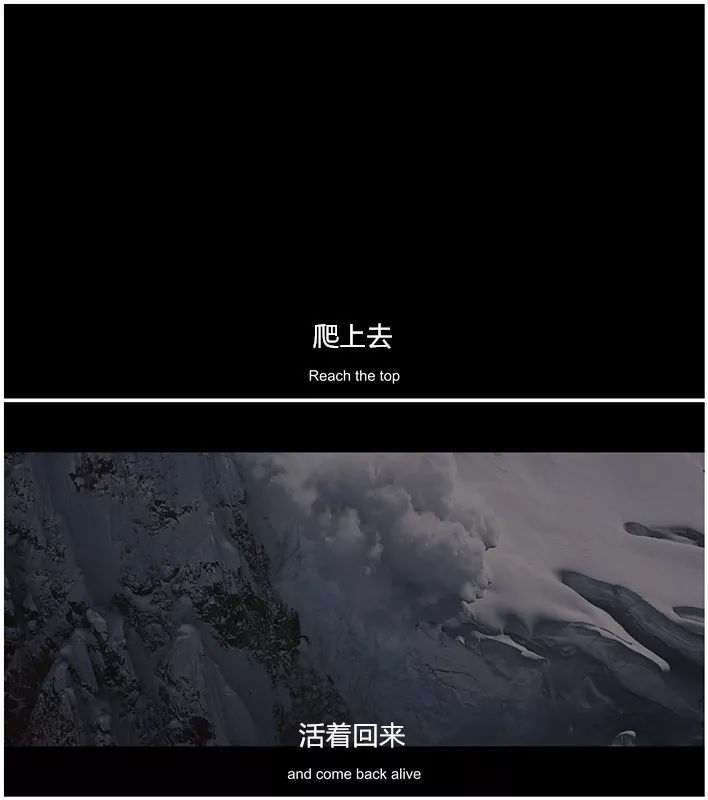
(点击回顾)
Copyright 2019 TeacherGwen
本平台所使用的电影、诗歌、图片及音乐属相关权利人所有。因客观原因部分作品若存在不当使用的情况,请相关权利人随时与我们联系,以协商授权事宜。
JOIN US
加入早读
加入万人免费早读班,您可以获得:
和10000+名小伙伴共同进步 | 班内班长每日免费纠音 | 班内学委监督学习 | 每日免费补充讲解 | 影视资源 | 更多惊喜……
备注“加入早读”,我会集中拉你进群。
PUT ME AT THE TOP
设星标 防走失
TeacherGwen
A little effort every day, you will make a big difference.
等你好久了,加入我们吧。
覆盖千万英语学习需求者
免费早读 | 听写 | 读书 | 翻译 | 班级 | 方法论 | 干货满满
点击阅读原文,收听今日早读朗读版
